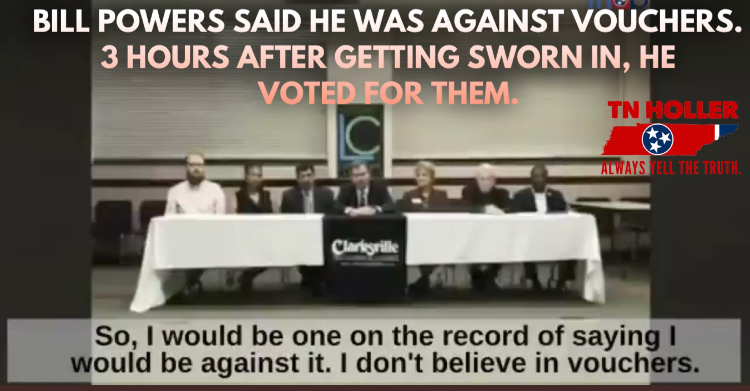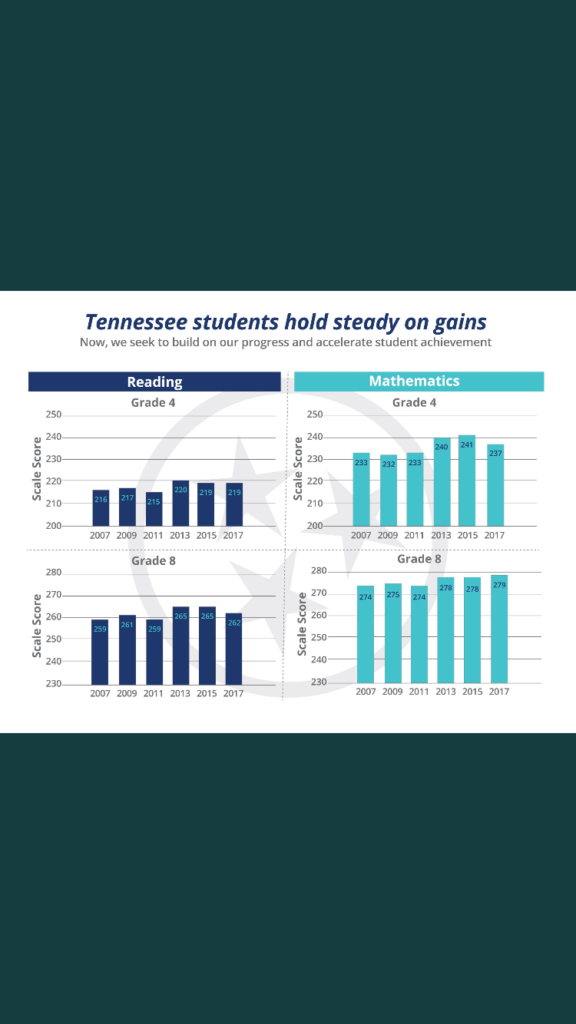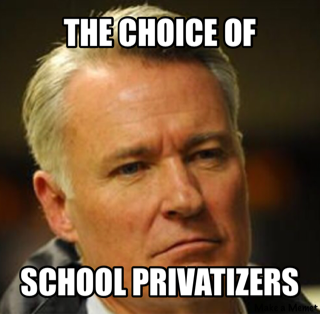A joint statement from Shelby County Schools and Metro Nashville Public Schools on Governor Bill Lee’s ESA voucher scheme:
Shelby County Schools (SCS) and Metro Nashviille Public Schools (MNPS) released a joint statement on Monday in opposition of the highly controversial Education Savings Account bill that passed both the state House and Senate last week.
In the statement, the districts call the bill unconstitutional because it affects only a small portion of school districts, which includes both SCS and MNPS. If the bill is signed into law, both districts say they are prepared to challenge its legality in court.
You can read the full statement below:
The Education Savings Account (ESA) legislation violates Article XI, Section 9 of the Tennessee Constitution because it is arbitrarily limited to only a portion of the state when the Constitution requires any Act of the General Assembly to apply statewide unless approved by a local legislative body or through a local referendum.
The language, in both the House and Senate versions of the bill, reflects an arbitrary application to Shelby County Schools (SCS) and Metro Nashville Public Schools (MNPS), as there are school districts, such as Madison County and Fayette County, with larger or nearly the same percentages of schools performing in the bottom 10 percent. The legislation also applies to only certain districts with priority schools from the state’s 2015 priority school list even though there is a more current list from 2018 that includes schools in Campbell, Fayette, Madison and Maury Counties. These districts are arbitrarily left out of the legislation.
Should this legislation be signed into law, an immediate constitutional challenge is likely to ensure equal protection under the law. Shelby County is no stranger to asserting and prevailing on such constitutional challenges as reflected in the November 27, 2012 decision in the case of Board of Education of Shelby County Tennessee et al v. Memphis City Board of Education by federal Judge Hardy Mays which rendered a similar bill void that was local in effect.
“If the Governor and Legislature are determined to pass a general law that would apply arbitrarily only to us or a limited number of school systems, we will be sure to exhaust all of our legal options,” said SCS Superintendent, Dr. Joris M. Ray.
“No matter what you call them, vouchers are a bad idea. They are not what we need for public schools. We owe it to this generation of students — and to all of those who follow them – to fight for a system that is fairly funded,” said Dr. Adrienne Battle, the MNPS Interim Director.
If the ESA bill becomes law, Shelby County Schools and Metro Nashville Public Schools stand prepared to evaluate and pursue all legal remedies that ensure the constitutional guarantees of equal protection under the law remain intact for the children and families of our districts and state
For more on education politics and policy in Tennessee, follow @TNEdReport







